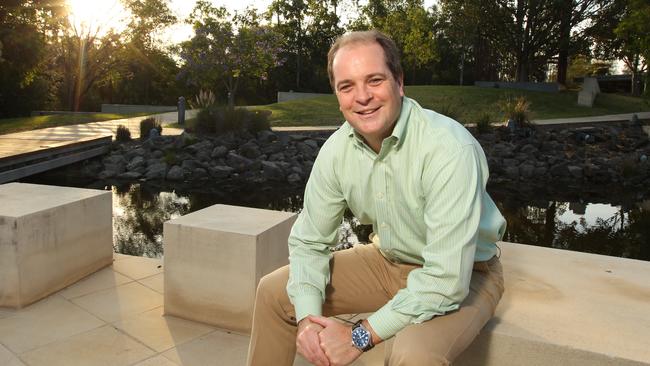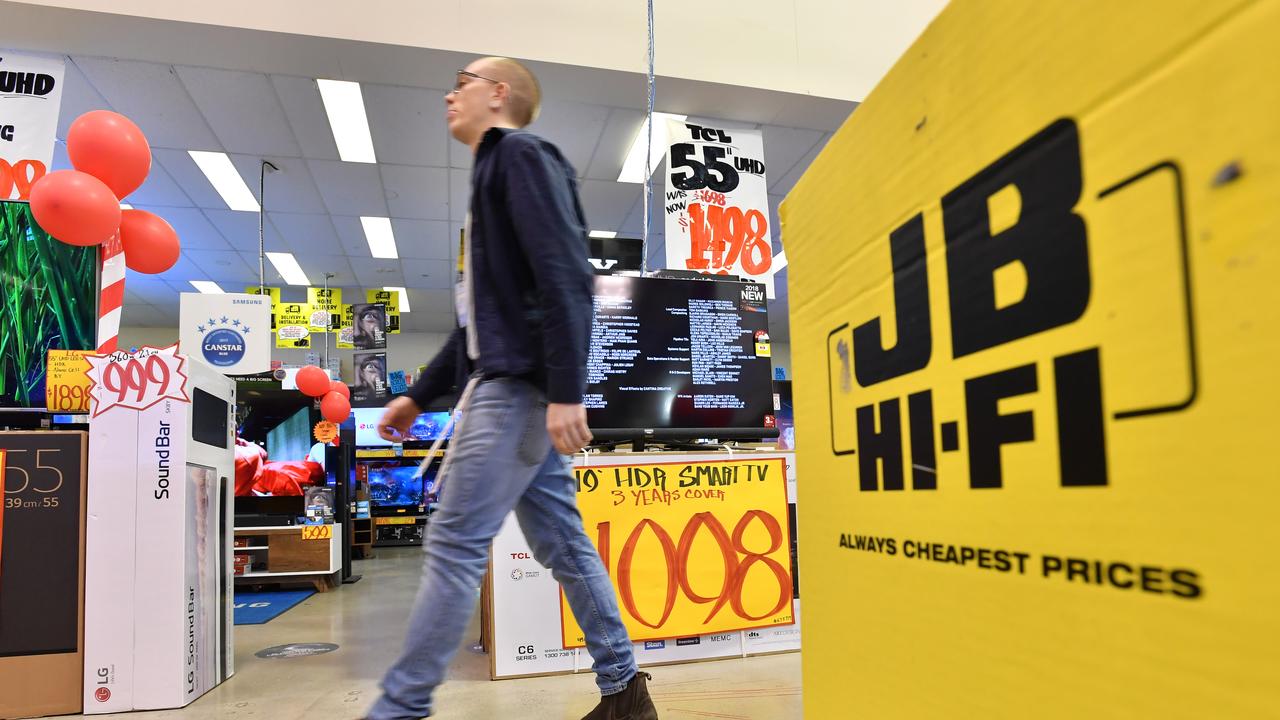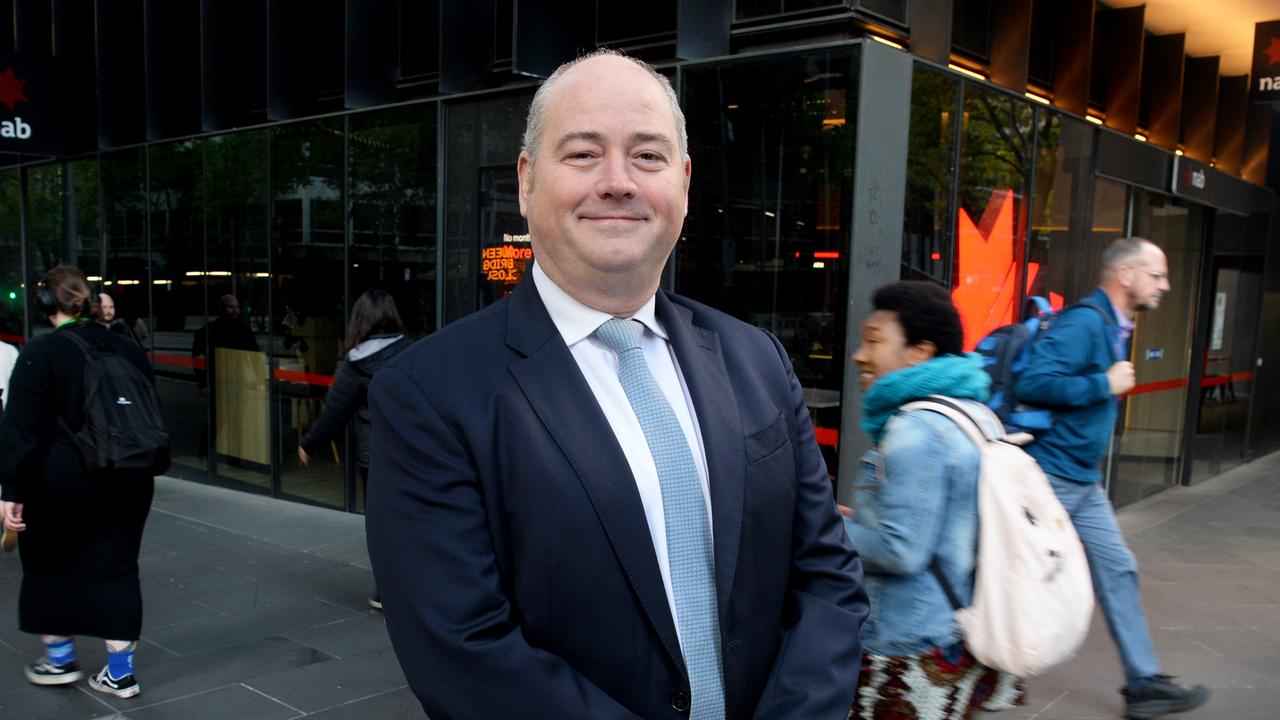Covid supply crunch hits ResMed, limits windfall from competitor’s recall
Sleep device maker ResMed says an expected $486m windfall from rival Philip’s product recall would have been higher if supply chains were running smoothly.

A pandemic-induced supply chain crunch is limiting a windfall of up to $US350m ($486.5m) that ASX-listed sleep device maker ResMed is expected to reap from a rival’s product recall.
While ResMed says it is set to continue to benefit from a recall of Philips’ Dreamstation units well into this year, a semiconductor shortage has hindered gains.
The company said supply chain “challenges” were “restricting opportunities”, despite its revenue surging 19 per cent to $US904m in the first quarter, following the Philips recall.
ResMed chief executive Mick Farrell made the comments at the Goldman Sachs Annual Healthcare CEOs Unscripted Conference.
He previously estimated the company would stand to gain between $US300m and $US350m from the Philip’s recall of as many as four million units.
Goldman Sachs analyst Chris Cooper said a shortage of semiconductors remained ResMed’s single biggest challenge.
“Supply chain challenges continue to restrict opportunity,” Mr Cooper said in a note, adding that the company’s management was confident conditions would improve by the fourth quarter.
“Given that ResMed has strong excess demand, arising from competitor recall, and no internal/manufacturing bottlenecks, management is confident that one additional chip equates to one additional flow generator sold.”
Mr Cooper said while elevated freight costs were a headwind for the company, “pricing was highly supportive” for its Airsense 11 device and it was unlikely to sell its previous model at a discount.
Following the Philips recall, the Therapeutic Good Administration launched a review into ventilators and continuous positive airway pressure therapy devices. Philips found that the polyurethane foam used within the machines to muffle noise had the potential to degrade and release small particles, which were then inhaled by users.
Last month, a ResMed spokesman said the company had responded to “all the questions raised by regulatory agencies promptly and thoroughly, including the TGAs”.
“To date, no regulatory agency has raised any concern about the safety and efficacy of ResMed devices,” he said.




To join the conversation, please log in. Don't have an account? Register
Join the conversation, you are commenting as Logout